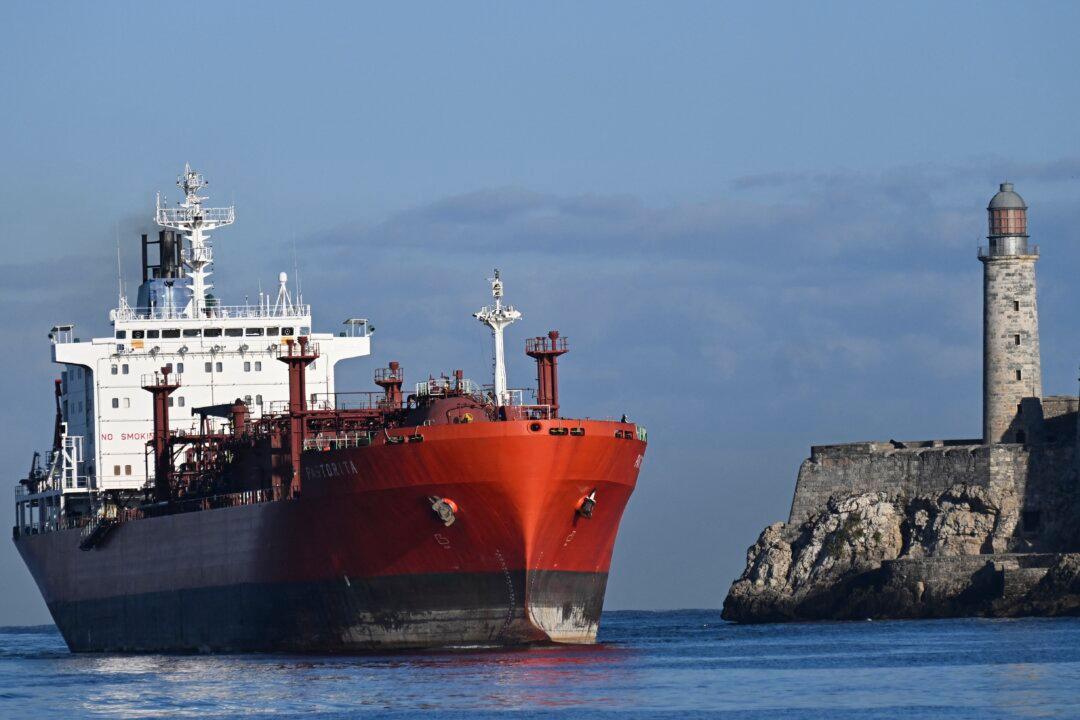The current low level of diesel fuel is “terrifying,” Montana Attorney General Austin Knudsen said, due to its potential effect on the supply chain and food production.
As the United States faces record-high inflation and gas prices, concerns are rising about inadequate supplies of diesel fuel, which, according to gas companies, will only drive up its price.




